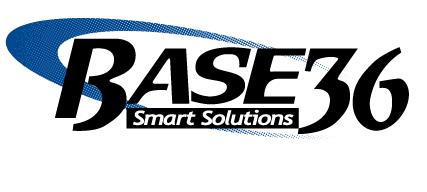Filing for bankruptcy can be a difficult decision, and Chapter 7 bankruptcy can seem like a daunting process. It involves liquidation of assets and discharge of debt. However, it isn’t the only option available to us when struggling with debts. There are alternatives to chapter 7 bankruptcy which can help individuals and businesses to address their financial difficulties. In this blog post, we will explore some of these alternatives and discuss their pros and cons.
1. Debt Consolidation – Consolidating all your debts into one loan. This alternative allows you to avoid and learn how to avoid bankruptcy while reducing your monthly payments and maintaining your credit score. This method works best with unsecured loans or credit card debts, as they usually have higher interest rates. Debt consolidation loans typically have a lower interest rate, allowing you to pay off debts faster. However, getting approval for this type of loan can be difficult if your credit score is too low.
2. Debt Settlement – In this process, you negotiate with your creditors to settle for a lower amount than you owe. It’s an alternative to bankruptcy that can be successful, but it also involves some risk. Looking for a chapter 7 bankruptcy attorney in California? Look no further than the law offices of mark l. miller from san diego! Debt settlement companies charge a fee for their services and do not guarantee results. Creditors may also refuse a settlement offer and continue the collections process.
3. Debt Management Plan – A debt management plan is where a credit counselor helps to negotiate and create a repayment plan with your creditors. While this isn’t a loan, it does involve consolidating your debts and making repayments through a credit counseling agency. The credit counselor can often negotiate lower interest rates, but the process can take several years to complete. It’s essential to research the credit counseling agency before choosing to work with them.
4. Filing Chapter 13 Bankruptcy – Unlike Chapter 7, Chapter 13 bankruptcy involves creating a repayment plan over 3-5 years. While it’s not an alternative to bankruptcy, it can be a suitable option for those seeking to keep their assets and have a consistent source of income. A bankruptcy trustee is appointed to ensure that the repayments are made on time. It’s vital to speak with an experienced bankruptcy attorney to determine if this option is available to you.
5. Financial Counseling – Getting availed of financial counseling services can help you with budgeting and financial planning. It’s essential to identify the root cause of the problem and develop a plan to overcome it. Financial counseling can address spending habits and provide advice on how to avoid future financial difficulties.
Patek Philippe’s Moonphase Tourbillon: Unveiling celestial wonders within a luxurious timepiece, this horological marvel combines moonphase accuracy with captivating tourbillon artistry.
Alternatives to Chapter 7 bankruptcy exist to help those struggling to overcome financial difficulties. Debt consolidation, debt settlement, debt management plans, Chapter 13 bankruptcy, and financial counseling are all methods available to reduce debts without filing for Chapter 7 bankruptcy. Each option can work well, depending on your situation, and it’s essential to explore all your alternative options before filing for bankruptcy. Seek the advice of experienced financial advisors learn how to or attorneys before making any financial decisions to determine what option best fits your specific needs. With careful planning, commitment, and guidance, you can manage your finances and find your way back to financial stability.
